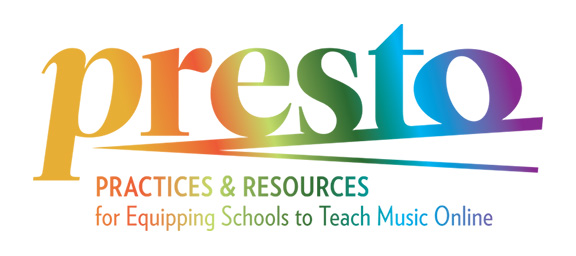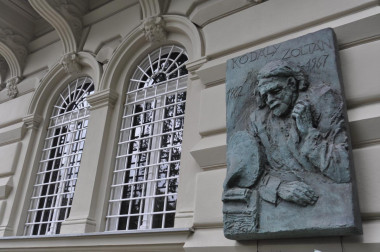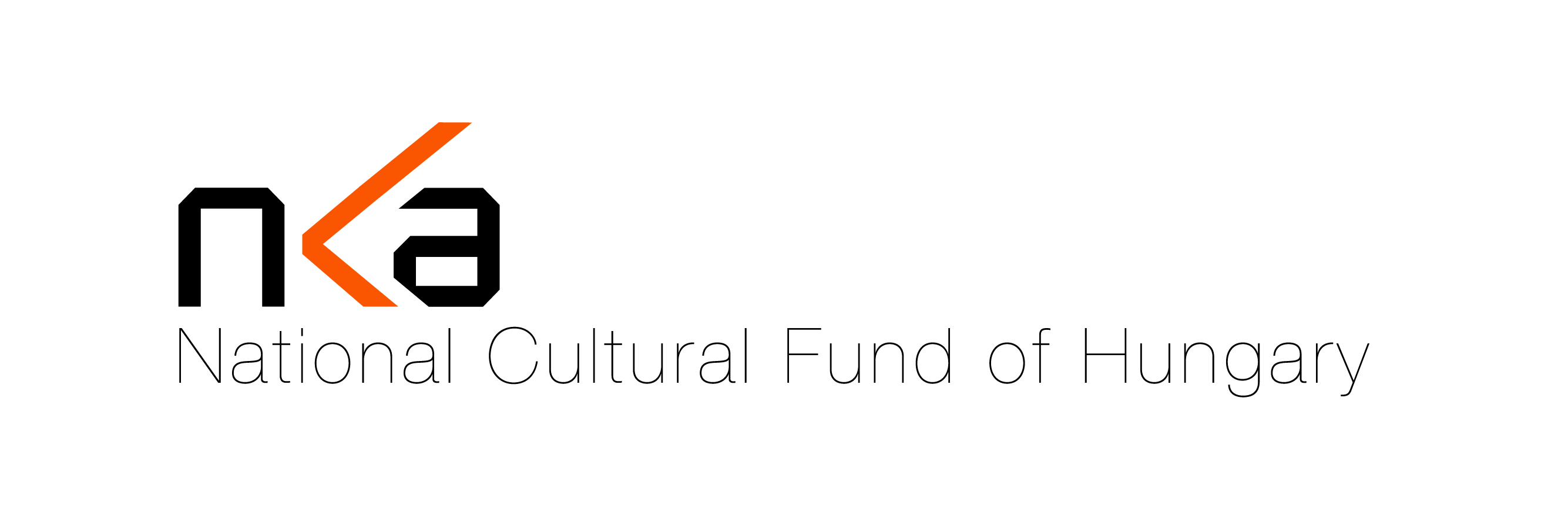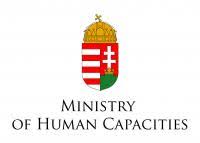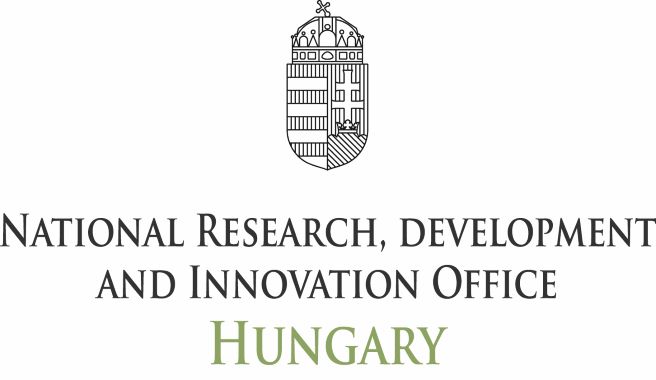Let the Kodály community celebrate Zsuzsa Vető, an extraordinary musician, choral conductor, and Kodály educator on her 80th birthday!
Zsuzsa Vető was born on 22nd July,1942 and is an accomplished choir conductor and music educator, a graduate of the Liszt Academy of Music in Budapest, Hungary. She taught music in Hungary at specialized singing schools (primary and secondary schools as well as conservatoire) from the early 70’s till 1986 when she emigrated to Israel. In Israel she was one of the key figures responsible for the adaptation of the Kodály Approach and its adoption by the local music education system at the invitation of Isaac Stern.
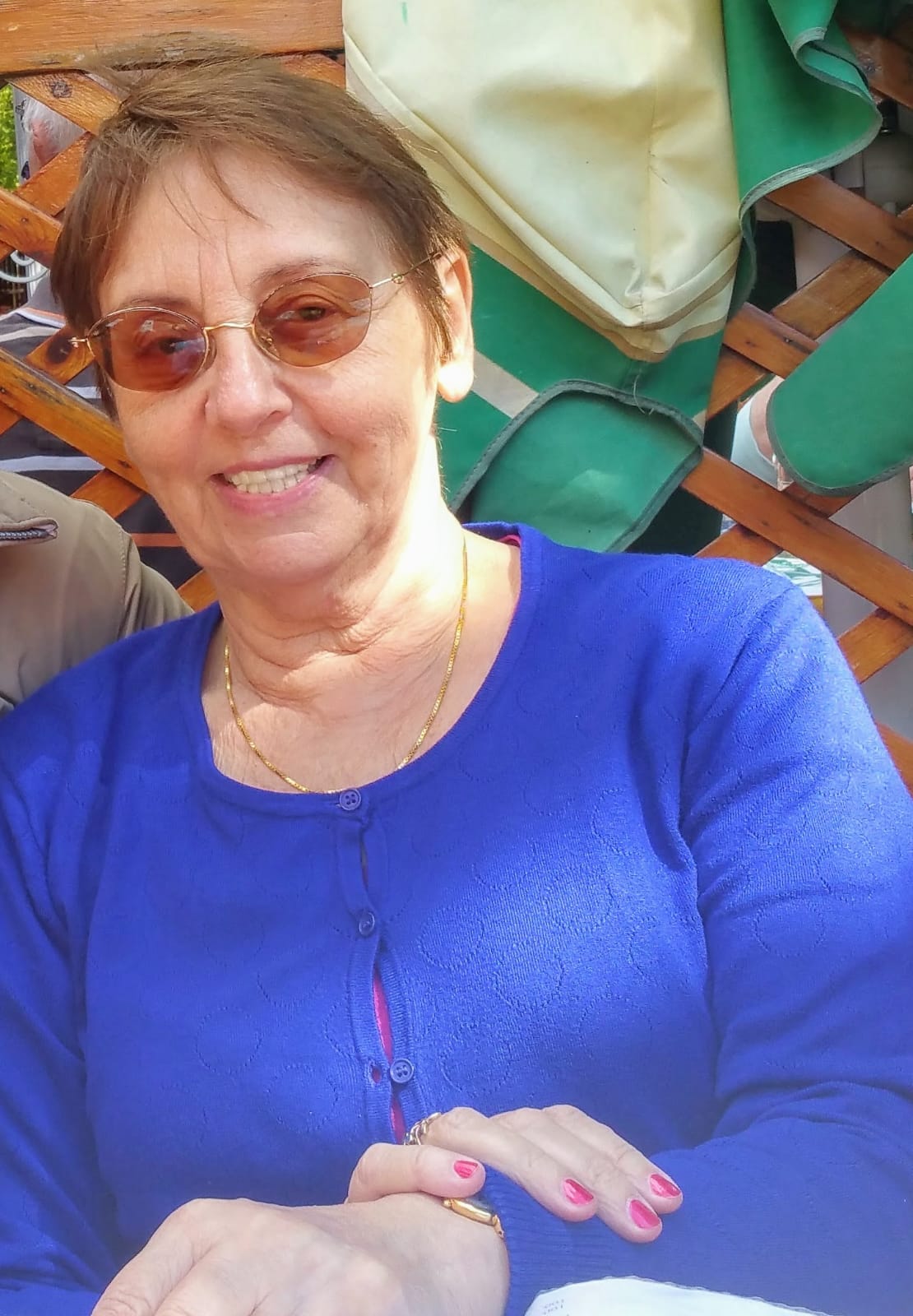
Any Kodály studies you might take on will include core subjects such as musicianship, methodology, choral work, and the Kodály philosophy. Understanding the philosophy, the principles of the approach, and getting to know its history and its heritage is an important stepstone in embracing and understanding the Kodály way. Your studies will include research, self-study, reading, and essay writing. However, none of these could give you that real experience, that sense of being part of it like this two-part interview does. Esther Hargittai (a renowned Kodály educator from London, Guildhall School of Music&Drama, and a member of the Operations Team and Education Planning Board of the British Kodály Academy) interviewed Zsuzsa Vető (who happens to be her mother).
Listening to her stories one can get a unique glimpse into the building of this exceptional music teaching approach. We can see the impact it had on a talented child in a deprived area in difficult times, we can follow her journey and see the way the Kodály Approach influenced and guided her whole life, not only in Hungary but more interestingly abroad, in Israel, where through her stories and explanations we understand the way the adaptation of the approach works. Watching the interview will enhance your studies, with the instant emotional connection you gain a deeper understanding and a true feeling for the topic. With our fast-paced, busy and exhausting lives, we must pay attention, listen and preserve this generation’s stories. Their knowledge, experience, work ethic and grace to bear difficulties in life are second to none.

